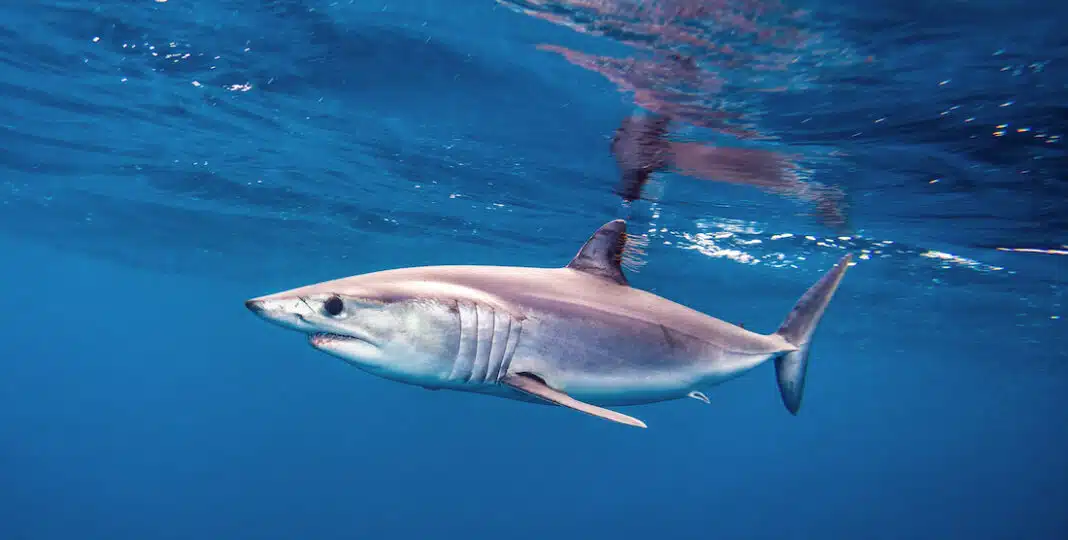Sharks, tuna, marlin and swordfish are among the species that could lose a sizable portion of their habitats in the Northwest Atlantic Ocean and Gulf of Mexico by the end of this century due to climate change, a new study has found.
In some cases, these iconic and economically and ecologically important species could lose upwards of 70% of suitable habitat by the end of the century, and in most cases, the impacts of these climate-induced changes are already observable, according to a new study published by the Woods Hole Oceanographic Institution.
The study, led by Camrin Braun, an assistant scientist and marine ecologist at WHOI, identified areas offshore of the Southeast U.S. and Mid-Atlantic coasts as predicted hotspots of multispecies habitat loss. The researchers studied the impacts on three shark (blue, porbeagle and shortfin mako), five tuna (albacore, bigeye, bluefin, skipjack and yellowfin), and four billfish (sailfish, blue marlin, white marlin and swordfish) species.
The researchers state in their paper titled “Widespread habitat loss and redistribution of marine top predators in a changing ocean” and published in the journal Science Advances:
“The ongoing and projected effects of climate change highlight the urgent need to adaptively and proactively manage dynamic marine ecosystems.”
According to Braun:
“Climate change is expected to fundamentally change the status quo for where these species are and how they live. While we don’t really understand all the details of what that fundamental change might look like, this study is a good step in the direction of trying to nail down what those changes might be, so that we can do something about it.”
Find out more at whoi.edu.

